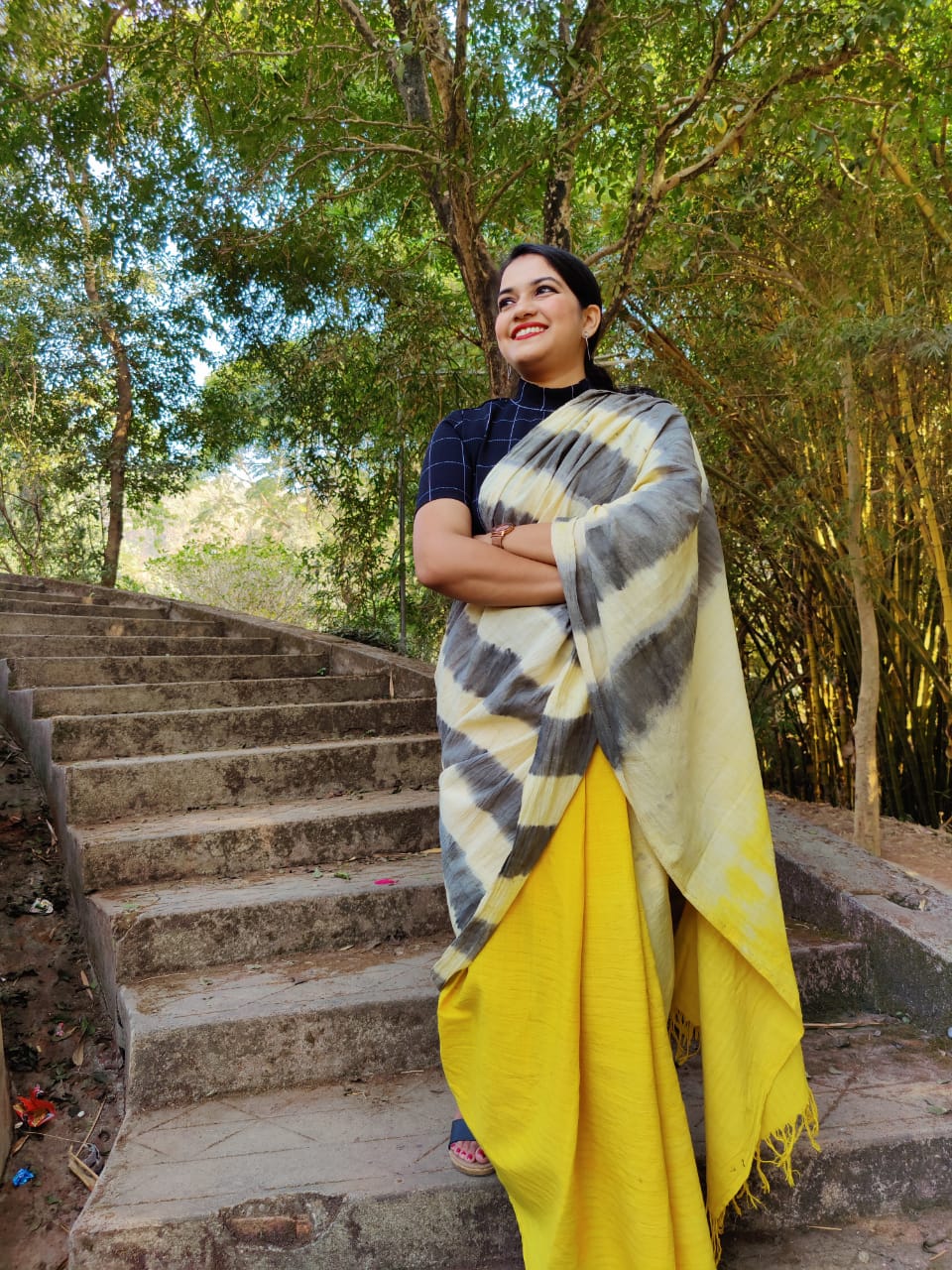
“It’s not about the degrees, it’s about the knowledge that you have.”
Hey everyone, in this article, I am going to talk about how Apaapi started, and the things that inspired me to kick off this entrepreneurial journey.
Hold your seatbelts tight, this is going to be an adventurous ride.
Despite belonging to a software developer background, and my love for technology. some things other than this used to amaze me whenever I visited my natives' place.
I found myself extremely proud and happy to see women leading in every field of life in Assam. In today’s world of women’s empowerment, they were leading by example.
They work in a "self-sustainable model" meaning that they don’t work 9-5. rather work for themselves to feed their families.
Weaving is an integral part of this, which can be understood by the fact that 60% of handloom weavers are from Assam. They weave beautiful clothes for themselves and their loved ones.
Lovely, right?
Finally, one day out of curiosity, I asked the women why don’t they weave for the consumers and sell those in the open market to make money. I told them how everyone appreciates the sarees whenever I wore one for the office.
The answer was the exact opposite of what I was expecting. They said that they are now thinking of leaving this tradition as no one appreciates it and they don't earn well to support their families.
They were thinking of opting for commercial activities to make decent money.
This broke my heart and made me sad but on the other side of the coin, this incident ignited me to work for these women and make their life better.
So, I decided to take a handful of clothes from Assam and try to show them to close friends as an experiment.
The response amazed me. Not only people were ready to have a look, but some of them were also eager to buy these clothes from me. This motivated me to dive deep into the entrepreneurial journey.
From then, I started buying handwoven clothes in bulk from women of Assam and sell them in the open market to help them sustain and spread the culture throughout India.
This phase of my life gives me goosebumps because back when I started Apaapi, I was afraid that if it doesn't work out, these Assamese women would lose the heritage, pride, and traditions.
In today’s world of printed clothes with automated machines, handwoven clothes reflecting one's culture and heritage with a pinch of personalization leave a beautiful smile on people's faces.
These handwoven clothes use organic colours which are not only good for the environment but also highlight the life and look of the clothes.
People love things that are purely made from love. Handwoven clothes are just an example of it.
